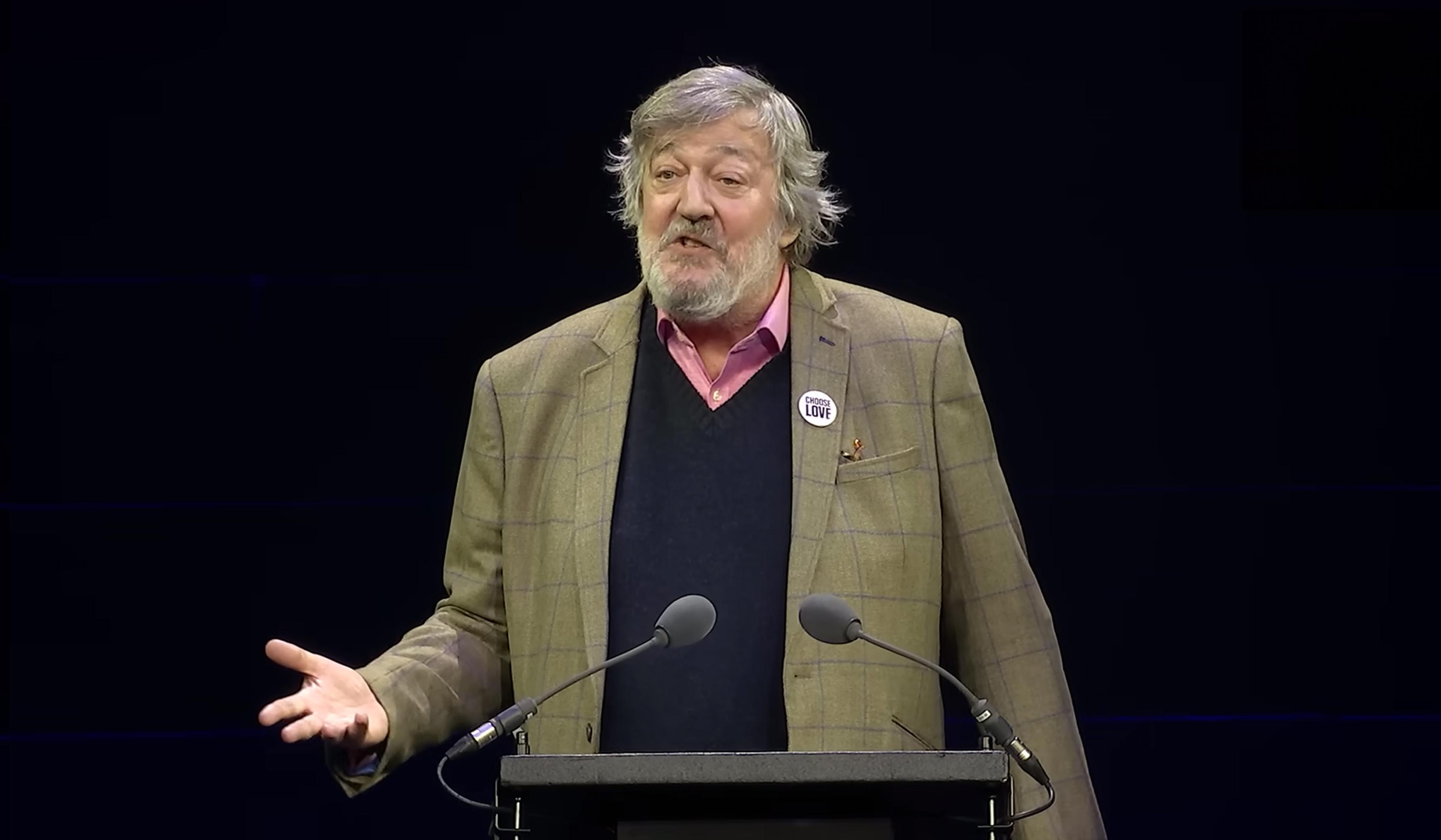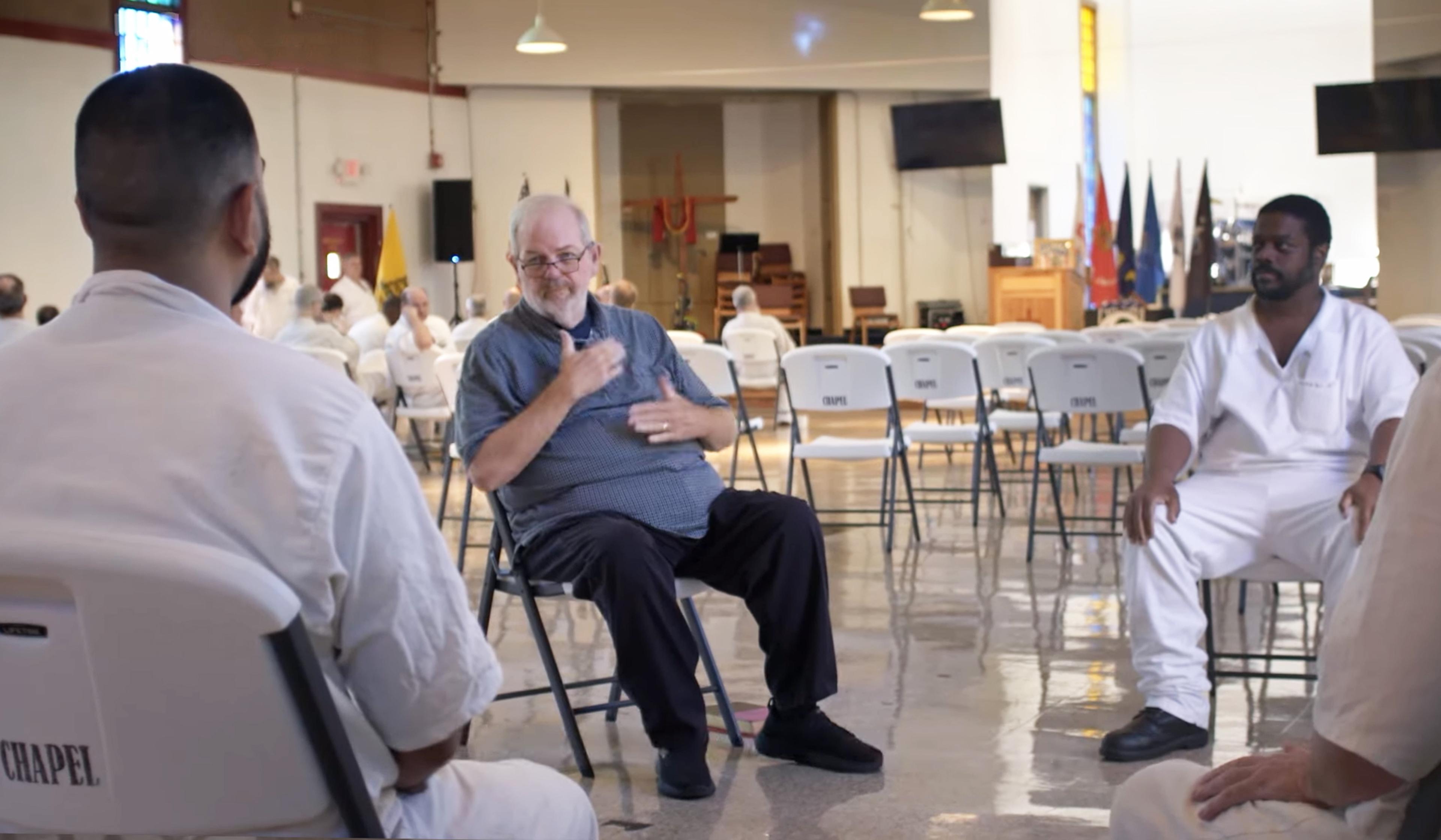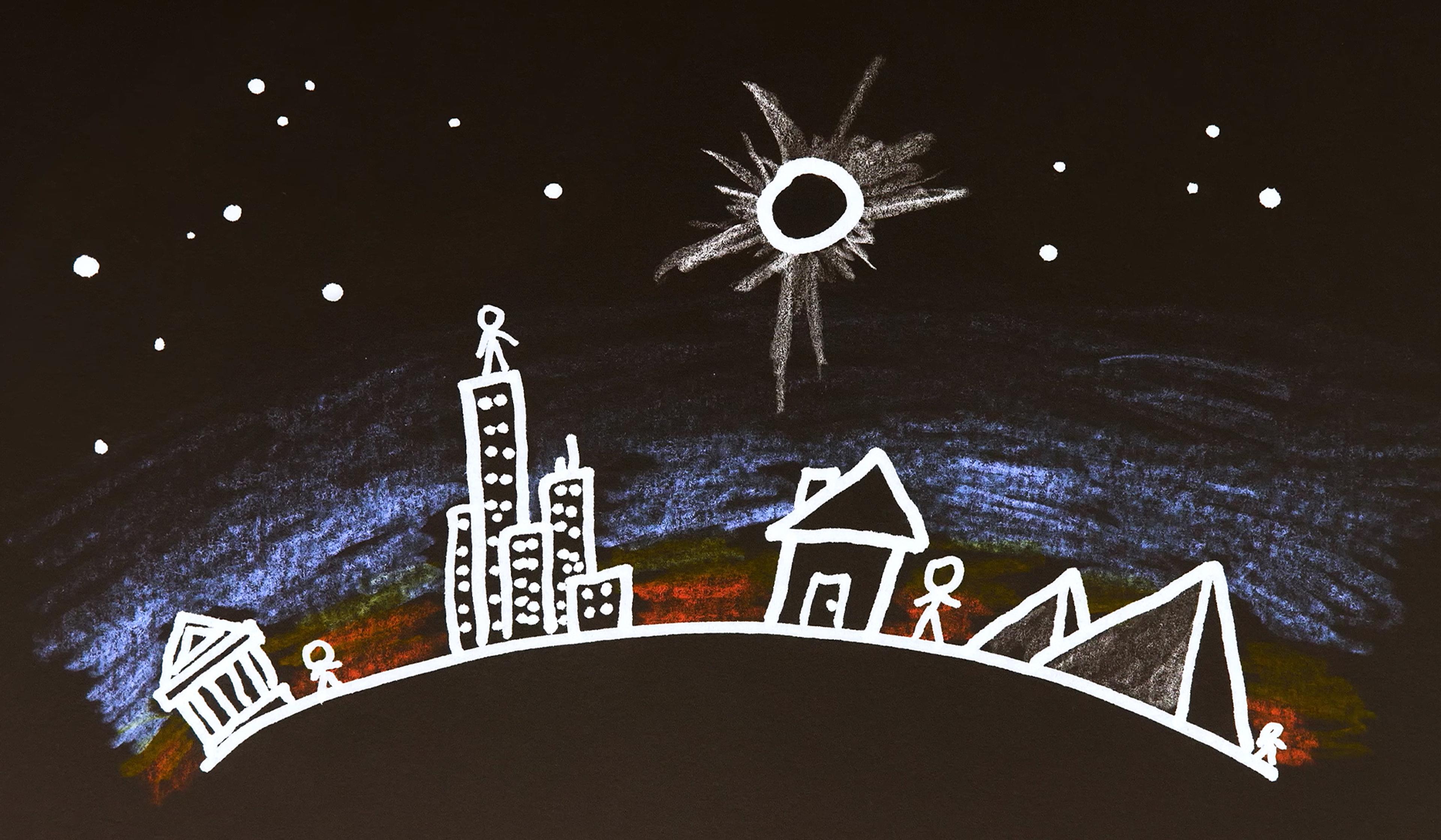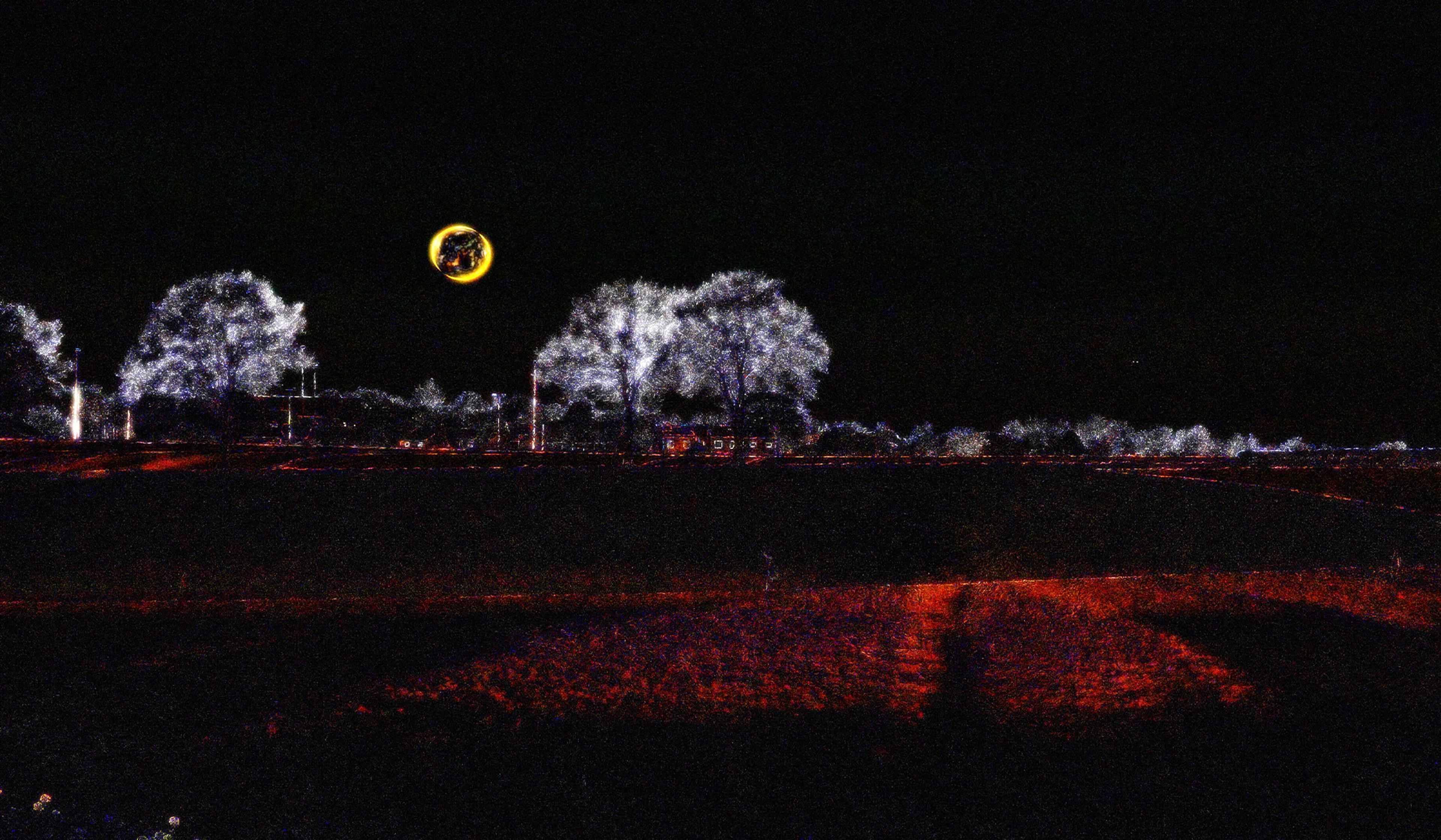Aeon Video has a monthly newsletter!
Get curated editors’ picks, peeks behind the scenes, film recommendations and more.
The unresolved probability paradox that goes to the heart of scientific objectivity
The principle of indifference states that, without any evidence, all potential outcomes should be considered equally probable. For example, if there’s a 10-horse race then, without any additional information, one should assume that each horse has a 1-in-10 chance of winning. It’s an important epistemological principle at the foundation of probability that might seem as safe and sound as it is obvious. But, as this video from Wireless Philosophy (Wi-Phi) lays out, a paradox first described by the French mathematician Joseph Bertrand in 1889 can make starting from a position of true indifference impossible. And, because probability is at the core of almost every scientific field, this paradox has rippled through science for more than a century, leaving in its wake disagreements, workarounds and, so far, no clear solution.
Video by Wireless Philosophy
Writer: Jonathan Weisberg

video
Biography and memoir
As her world unravels, Pilar wonders at the ‘sacred geometry’ that gives it structure
20 minutes

video
Meaning and the good life
Why strive? Stephen Fry reads Nick Cave’s letter on the threat of computed creativity
5 minutes

video
Human rights and justice
‘I know that change is possible’ – a Deaf prison chaplain’s gospel of hope
18 minutes

video
Physics
Find the building blocks of nature within a single, humble snowflake
4 minutes

video
Art
The overlooked polymath whose theatrical oeuvre made all of Rome a stage
30 minutes

video
Physics
Why the golden age of total solar eclipses is already behind us
5 minutes

video
Film and visual culture
An augmented-reality filter reveals the hidden movements all around us
7 minutes

video
Beauty and aesthetics
The grit of cacti and the drumbeat of time shape a sculptor’s life philosophy
11 minutes

video
Film and visual culture
Stop-motion origami unfurls in a playful exploration of how senses overlap
3 minutes